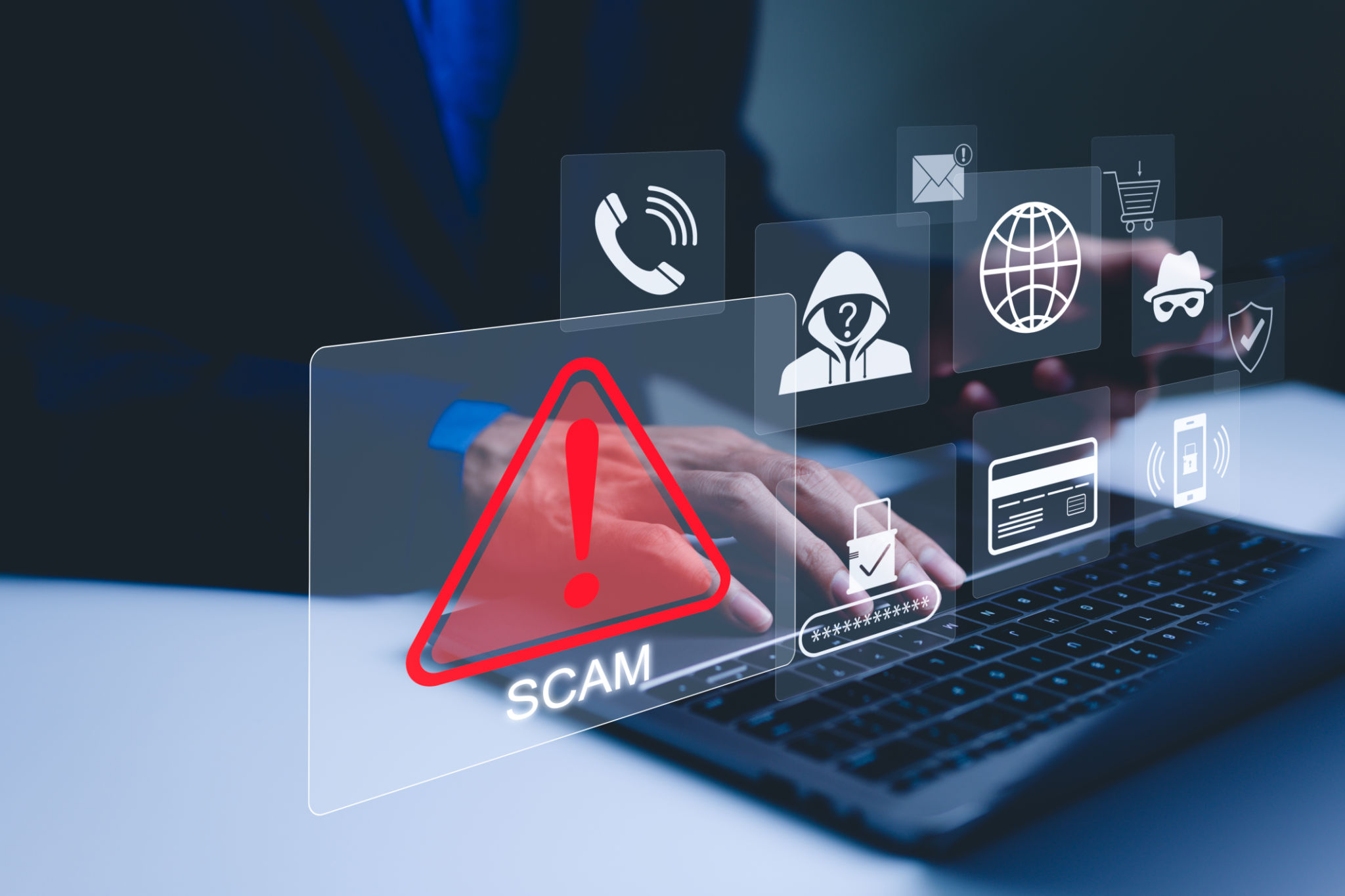Debunking Common Cybersecurity Myths for Businesses in New York
Understanding Cybersecurity: Beyond the Myths
In today's digital age, businesses across New York are prioritizing cybersecurity. However, amidst the growing emphasis on protecting digital assets, several myths continue to circulate. These misconceptions can leave businesses vulnerable to cyber threats. It's crucial for companies to distinguish between fact and fiction to safeguard their operations effectively.

Myth 1: Small Businesses Are Not Targets
A common belief is that cybercriminals only target large corporations. This is far from the truth. In fact, small businesses often lack the robust security measures that larger organizations have, making them attractive targets for cyberattacks. According to recent studies, nearly 43% of cyberattacks are aimed at small businesses. Therefore, regardless of size, every business must invest in comprehensive cybersecurity measures.
Myth 2: Antivirus Software Alone Is Sufficient
While antivirus software is a critical component of a cybersecurity strategy, relying solely on it can be a significant oversight. Cyber threats are constantly evolving, and antivirus programs may not catch every threat, especially new and sophisticated ones. A multifaceted approach, including firewalls, intrusion detection systems, and regular software updates, is essential for optimal protection.

Myth 3: Cybersecurity Is Solely an IT Responsibility
Another prevalent myth is that cybersecurity is the sole responsibility of the IT department. In reality, cybersecurity is a collective responsibility that involves everyone within the organization. Employees must be trained to recognize phishing attempts and practice safe online habits. Regular training sessions and simulations can greatly enhance the organization's overall security posture.
Myth 4: Strong Passwords Are Enough
While using strong passwords is fundamental to cybersecurity, relying exclusively on them can be risky. Cybercriminals have advanced tools that can crack even complex passwords. Implementing multi-factor authentication (MFA) adds an extra layer of security, making it significantly harder for unauthorized users to gain access to sensitive information.

Myth 5: Cybersecurity Is Too Expensive
Many businesses believe that implementing strong cybersecurity measures is prohibitively expensive. However, the cost of a data breach can far outweigh the investment in preventive measures. There are numerous cost-effective solutions available that can be tailored to fit different business needs and budgets. Prioritizing cybersecurity as an investment rather than an expense can save businesses significant resources in the long run.
Myth 6: Compliance Equals Security
Meeting regulatory compliance standards is essential, but it's not synonymous with comprehensive security. Compliance often sets a baseline for security measures, but cyber threats can exceed these requirements. Businesses should aim to go beyond compliance by regularly updating their security protocols and staying informed about emerging threats.

Conclusion: Proactive Measures for Enhanced Security
Debunking these myths is just the first step toward more robust cybersecurity practices. Businesses in New York and beyond must adopt proactive measures to protect themselves against evolving threats. By educating employees, investing in layered security solutions, and constantly reviewing and updating cybersecurity protocols, organizations can significantly reduce their risk of falling victim to cyberattacks. Remember, in the realm of cybersecurity, vigilance and adaptability are key.